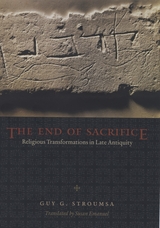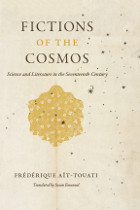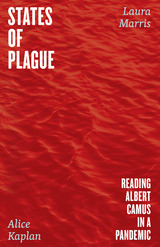
The religious transformations that marked late antiquity represent an enigma that has challenged some of the West’s greatest thinkers. But, according to Guy Stroumsa, the oppositions between paganism and Christianity that characterize prevailing theories have endured for too long. Instead of describing this epochal change as an evolution within the Greco-Roman world from polytheism to monotheism, he argues that the cause for this shift can be found not so much around the Mediterranean as in the Near East.
The End of Sacrifice points to the role of Judaism, particularly its inventions of new religious life following the destruction of the Second Temple in 70 CE. The end of animal sacrifice gave rise to new forms of worship, with a concern for personal salvation, scriptural study, rituals like praying and fasting, and the rise of religious communities and monasticism. It is what Christianity learned from Judaism about texts, death, and, above all, sacrifice that allowed it to supersede Greco-Roman religions and, Stroumsa argues, transform religion itself.
A concise and original approach to a much-studied moment in religious history, The End of Sacrifice will be heralded by all scholars of late antiquity.


There is no society without right and wrong. There is no society without sin. But every culture has its own favorite list of trespasses. Perhaps the most influential of these was drawn up by the Church in late antiquity: the Seven Deadly Sins. Pride, sloth, gluttony, envy, anger, lust, and greed are not forbidden acts but the passions that lead us into temptation. Aviad Kleinberg, one of the most prominent public intellectuals in Israel, examines the arts of sinning and of finger pointing. What is wrong with a little sloth? Where would haute cuisine be without gluttony? Where would we all be without our parents’ lust? Has anger really gone out of style in the West? Can consumer culture survive without envy and greed? And with all humility, why shouldn’t we be proud?
With intellectual insight and deadpan humor, Kleinberg deftly guides the reader through Jewish, Christian, and Greco-Roman thoughts on sin. Each chapter weaves the past into the present and examines unchanging human passions and the deep cultural shifts in the way we make sense of them. Seven Deadly Sins is a compassionate, original, and witty look at the stuff that makes us human.
READERS
Browse our collection.
PUBLISHERS
See BiblioVault's publisher services.
STUDENT SERVICES
Files for college accessibility offices.
UChicago Accessibility Resources
home | accessibility | search | about | contact us
BiblioVault ® 2001 - 2024
The University of Chicago Press









